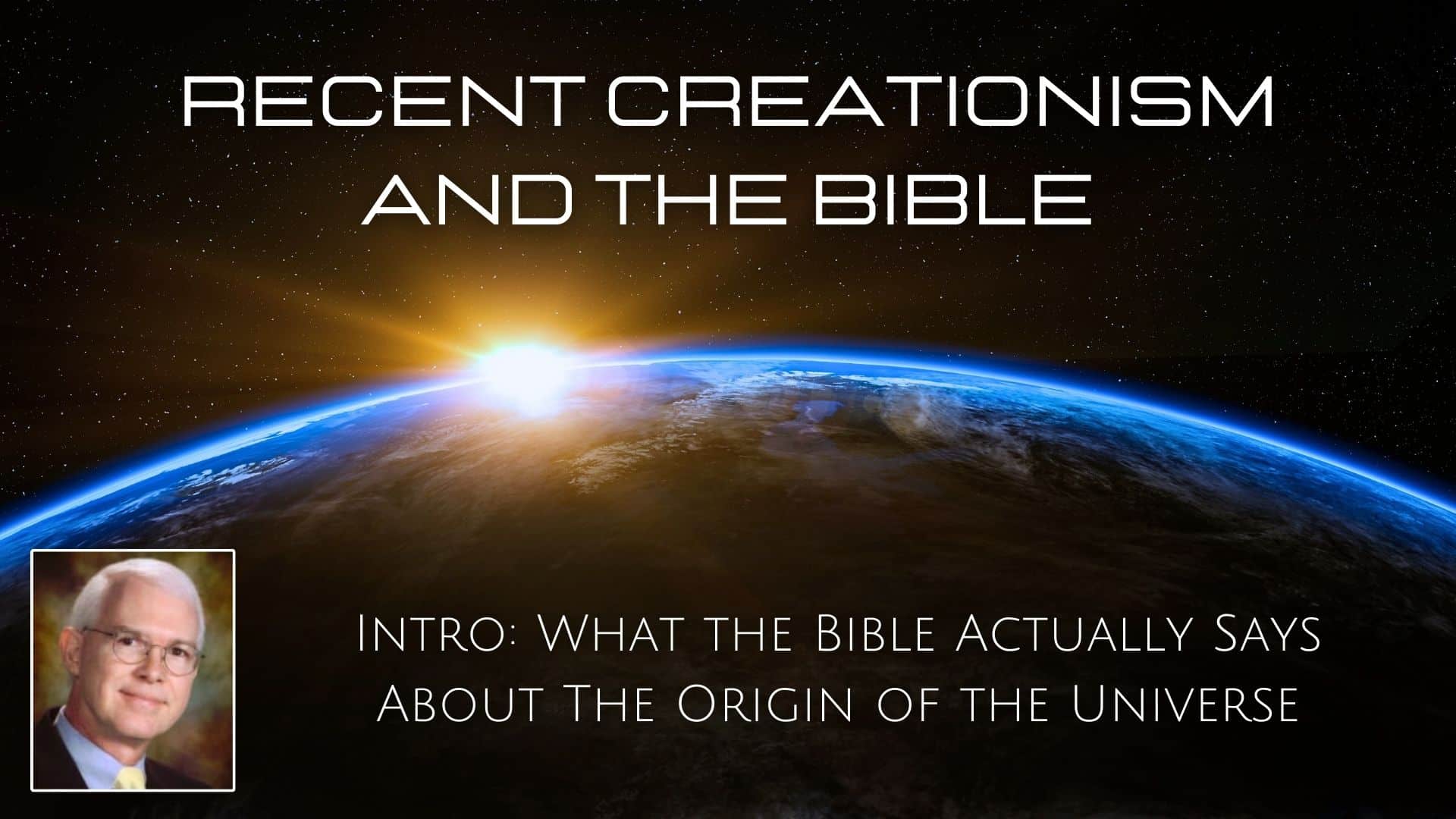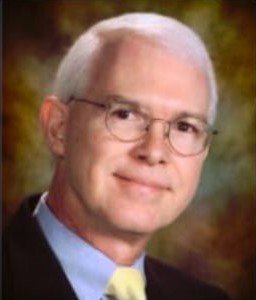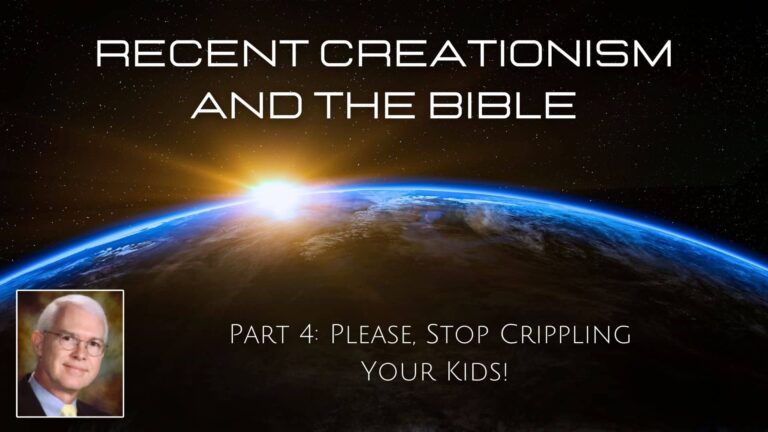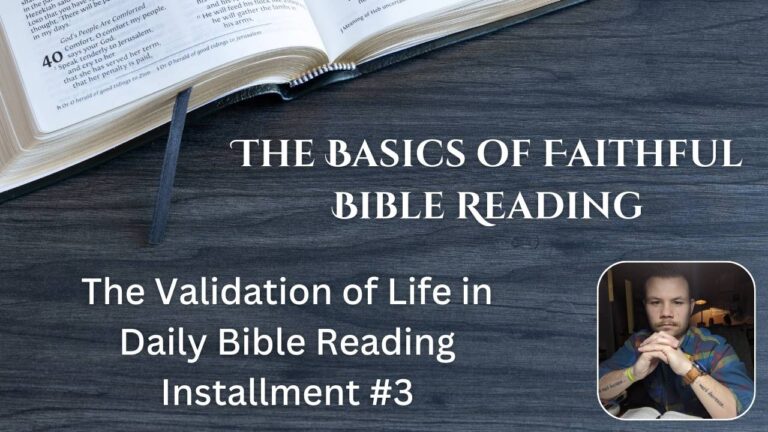A Brief History of Biblical Cosmology
One of the fascinating areas of biblical studies is the topic of creation. This wasn’t always a hot topic, but in modern history, several events have occurred to bring this issue to the forefront. Years ago, before the emergence of evolution and modern atheism, most people in Western culture believed in God. Naturally, they assumed that God made the world. The biblical account was simply taken at face value and little attention was devoted to any in-depth analysis of the Bible’s account of creation. (It’s unfortunate that in the absence of controversy, some Bible truths are neglected.)
The pre-scientific Christian conception of the origin of the universe was very simplistic. Most people just believed that God had created the universe a few thousand years before their time. The emergence of the theory of biological evolution challenged the assumption that the world was recently created. After all, if evolution were true it would have taken long ages for life to evolve from simpler organisms, and longer for the first life forms to have emerged in the first place. With the growing popularity of evolution, investigators began to look for evidence of the antiquity of the earth. Thus, the modern science of geology was born.
Most of this information was difficult for the layperson to digest. Though conservatives (those who tend to understand the Bible more literally) rejected evolution as incompatible with the Bible, most eventually accepted the proposition that the earth might not be as young as previously thought. To square this emerging realization that the earth may be old (much older than eight to ten thousand years), with the Bible, some put forth what today is known as the “gap theory.” The gap theory proposed that God created the earth (Gen. 1:1), then at Satan’s fall, judged the earth and that it lay in ruins for a very long time (Gen. 1:2), until God renovated it (Gen 1:3-2:3).

According to this theory, the earth could be any age—since no one knows how long the proposed gap between verses 1 and 2 might have been. This seemed to square the Bible with the current thinking about the age of the earth, while at the same time rejecting biological evolution. This view came to be one of the dominant views among theological conservatives and remained so until fairly recent times (about the mid-1950s). If you look closely at the writings of some of the leading Bible expositors of the early twentieth century, you will find that many of them held to one form or another of this theory.
Other ideas designed to reconcile the Bible and scientific observations were also suggested. One theory proposed that God created the materials of the universe and then waited a very long time before forming them into their present arrangement. This view became known, somewhat contemptuously, as “the chaos theory.” Theistic evolution was also proposed. This theory not only attempted to square the Bible with the presumed antiquity of the earth, but it went a step further and attempted to reconcile the Bible with biological evolution. Theistic evolution suggested that God used evolution as the means of creation, at least partially. Another view, called “progressive creationism,” suggested that the days of Genesis chapter one were long ages in which God performed his work of creation. This view was essentially non-evolutionary in that it did not account for the rise of the various species through evolution; it simply sought to square the Bible with current thinking about geology and paleontology.

In more recent times the trend among some biblical conservatives has been to go back to the original conception of a young earth, indeed a young universe. Recent creationism began to gain ground in conservative circles in the 1960s and 70s. There were several reasons for this. The gap theory was in serious trouble. Some of its major proponents were beginning to notice serious flaws in the theory (which we will discuss further along). Conservative Christians found their backs to the wall as they saw evolution, with all of its implications, sweep through Western intellectual circles like a firestorm. They desperately needed to mount a serious challenge, and finding support for a recent creation would be the surest antidote for evolution. Time is to evolution what fuel is to fire, take away the fuel and the fire dies; take away time, and evolution dies.
Other theories seemed to have fallen by the wayside or had major problems. Perhaps because of its adversarial relation to evolution, recent creationism quickly coalesced into a highly focused and organized movement. Organizations like the Institute for Creation Research have been prolific producers of educational materials, most of which have been distributed in churches, Christian colleges, and seminaries, where it has had a significant impact. Part of the appeal of recent creationism is that it claims to reconcile a literal and non-evolutionary interpretation of the Genesis account with the complexities of modern science. According to recent creationism, God created the universe in a mature state perhaps eight to ten thousand years ago. According to recent creationism, the universe appears to be old not because it is old, but because it was created “mature”—imparting to it the appearance of age.
Of course, recent creationism has serious flaws of its own. Although the early geological evidence offered for the age of the earth was largely suspect due to its evolutionary bias, in recent years (since the mid-1900s) a growing body of evidence suggests that the universe is much older than the eight to ten thousand years allowed by recent creationism. Recent creationism hinges on the ability of mature creation to fully account for the appearance of the age of the universe, but this explanation is seriously flawed, as will be explained further along.
Just how important is biblical cosmology? It’s important if you happen to be a university student, or if you happen to be a pastor or Sunday school teacher who is sometimes asked how the early chapters of Genesis fit with modern science.






